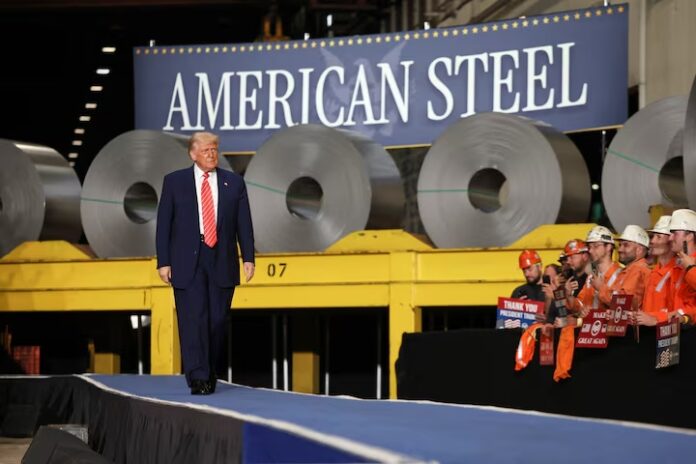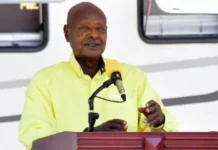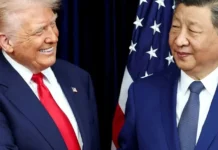President Donald Trump has announced a dramatic escalation in US trade policy, declaring that tariffs on steel and aluminium imports will double from 25% to 50% beginning Wednesday. Speaking at a rally in Pittsburgh, a historically vital hub for American steel, Trump said the move was aimed at revitalizing the domestic steel industry and curbing reliance on foreign producers, particularly China.
The announcement marks a significant shift in Trump’s second-term economic strategy, underscoring a renewed commitment to protectionist policies that first took shape during his presidency in 2018. “At 50%, they can no longer get over the fence,” Trump said to thunderous applause from a crowd that included hundreds of steelworkers. “We are once again going to put Pennsylvania steel into the backbone of America, like never before.”
Trump also touted a $14 billion investment he claims has been secured through a new partnership between US Steel and Japan’s Nippon Steel. He said the deal would expand steel production in the region and create jobs, promising a $5,000 bonus for every US steelworker and no layoffs or outsourcing. However, he later acknowledged that the agreement was not yet finalized and that he had not reviewed the full terms.
While details of the partnership remain unclear, media reports suggest that the deal includes provisions to keep US Steel under American operational control, with US citizens on its board and a 10-year guarantee against production cuts. The government would also reportedly gain veto power over any future reductions in output.
Notably, this comes months after President Joe Biden blocked a previous $15 billion takeover of US Steel by Nippon on national security grounds. Trump, who had vocally opposed that foreign acquisition during his campaign, now appears to be framing the new arrangement as a domestic-focused collaboration.
Despite the positive tone at the rally, where local union leaders like JoJo Burgess—mayor of nearby Washington, Pennsylvania, expressed cautious optimism, concerns persist. Some union members worry about how Nippon will honor existing labor agreements, including pay scales and hiring practices.
Globally, the move is expected to reignite tensions, especially with China. Trump has accused Beijing of violating a recently agreed tariff truce, prompting China to respond with its own criticisms. The tariff increase also comes amid ongoing legal challenges to Trump’s use of trade levies, although his tariffs on steel and aluminium remain unaffected.
The United States imports roughly a quarter of its steel, relying heavily on Canada, Mexico, and Asian producers. As domestic output continues to decline and global producers like China and India dominate the market, Trump’s renewed tariffs are likely to provoke a wave of responses in the global trade system.
“If you don’t have steel, you don’t have a country,” Trump declared. “What are we going to do? Go to China for army tanks?”
While the long-term impact of the policy shift remains uncertain, the message from Pittsburgh was clear: Trump is betting on steel, again.
Written By Rodney Mbua



















